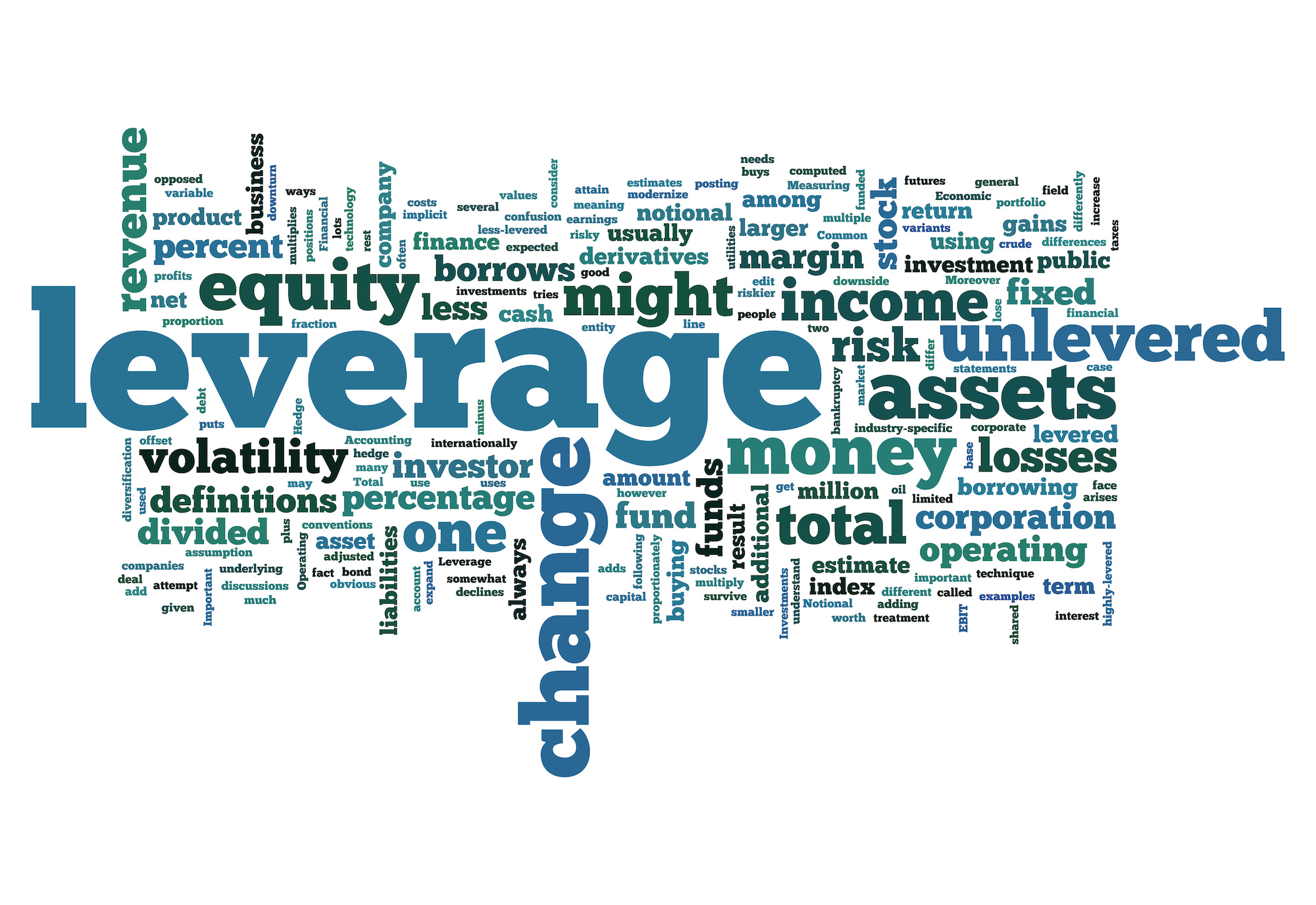
Private equity funds, hedge funds, and other institutional asset managers are increasingly engaging independent valuation experts to perform various portfolio valuation services rather than conducting the portfolio valuations internally. A portfolio valuation is done to determine and report alternative investments’ performance, which is often required for financial reporting and tax compliance, and also affects the investment manager’s compensation.
Determining the fair market value of illiquid assets is notoriously difficult because – by definition – there isn’t a market to determine the price, unlike many stocks, bonds, and other traditional investments. Additionally, there are various laws, regulations, and policies governing valuations to protect investors against abuse. The IRS has valuation requirements to prevent individuals and organizations from underreporting their incomes to pay less in taxes.
Why Independent Portfolio Valuation Makes a Lot of Sense for Illiquid Assets
Many private equity funds, pension funds, hedge funds and other institutional investors do their portfolio valuation in‑house, but this can foster the perception of a conflict of interest. Investors of those funds who may be considering putting in new capital want transparency. They want to know that there is no bias in the valuation and that values and performance are being reported accurately. Even if there is no actual conflict of interest or bias, investment managers often prefer independent valuations to demonstrate the lack of bias – especially for capital calls and interfund transfers.
Increased regulations make independent portfolio valuation a smarter decision for illiquid assets. Dodd-Frank requires hedge fund advisors to now register with the SEC. This is intended to prevent another financial crisis like the one in 2008‑2009. European regulators are doing the same thing in response to the global financial crisis.
Finally, independent portfolio valuation is often preferred by the auditors who ensure that the financials, which rely on the portfolio valuations, conform to Generally Accepted Accounting Principles (GAAP). Auditors have been put under increasing pressure to ensure the integrity of the financial statements, making third-party portfolio valuation desirable as audits can be more efficient when the analysis is prepared by a firm that is experienced in performing and documenting the work.
Appraisal Economics can tailor portfolio valuation services to meet a client’s individual needs. We have worked with a number of different firms on assignments that included preferred and common equity, variable‑rate municipal and convertible corporate bonds, limited partnership interests in private equity and hedge funds, and tangible and intangible assets. We can provide our results in several different forms, and we have a proven methodology and experience with these illiquid assets to ensure an accurate and efficient process. Contact our valuation team at +1 201 265 3333 to learn more about our services.
